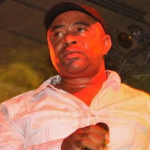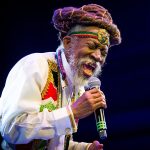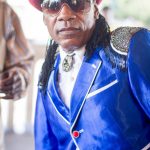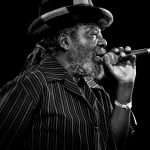Lady Saw
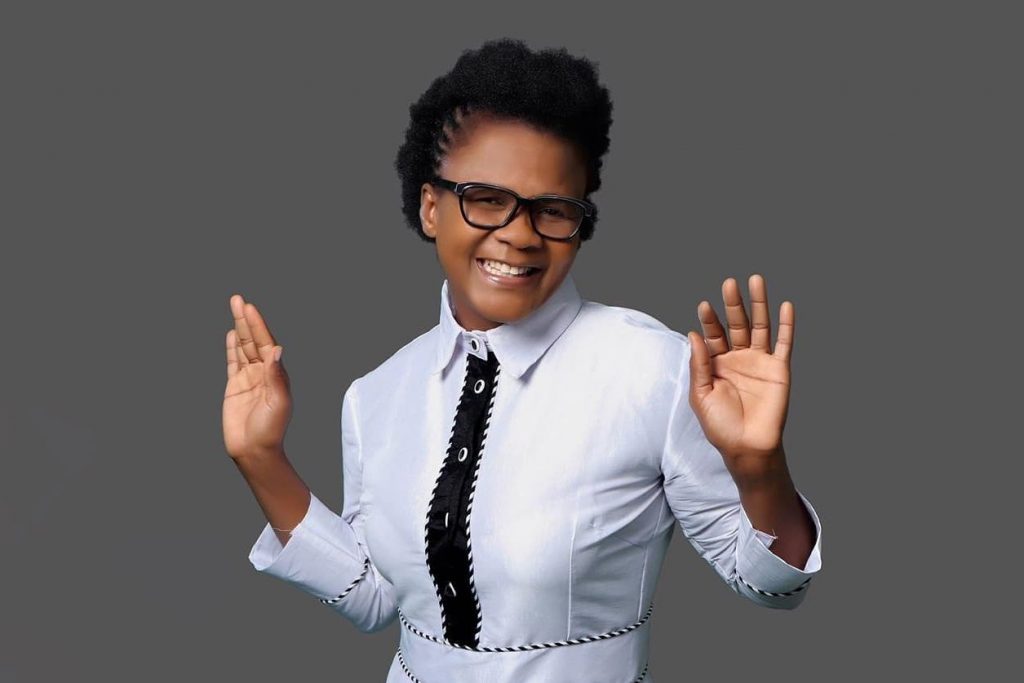
Lady Saw Biography
The Transformative Journey of Lady Saw: From Dancehall Icon to Gospel Minister
Introduction
Lady Saw, a name synonymous with the vibrant and evocative rhythms of dancehall music, has left an indelible mark on the genre. Known for her audacious persona and bold lyrics, Lady Saw, born Marion Hall, transformed from being the “First Lady of Dancehall” to embracing a new path as a gospel minister. Her journey is a testament to the power of reinvention and the pursuit of personal and spiritual growth. This biography delves into the life and career of Lady Saw. It explores her musical achievements, personal evolution, and enduring legacy.
Early Life and Musical Beginnings
Marion Hall, known professionally as Lady Saw, was born on July 12, 1969, in the serene village of St. Mary, Jamaica. Growing up in a modest household, Hall was influenced by the rich musical heritage of her surroundings. Her early exposure to reggae and dancehall music ignited a passion that would later define her career.
In her teenage years, Hall’s vocal talent began to shine through. She captivated local audiences and paved the way for her entry into the music industry. She adopted the stage name “Lady Saw” as a tribute to the influential singer Tenor Saw, whose work inspired her.
Rise to Fame: The Reign of Lady Saw
Lady Saw’s breakthrough came in the early 1990s when she signed with VP Records, a renowned Jamaican grassroots label. Her debut album, Lover Girl, released in 1994, marked the beginning of her ascent in the dancehall scene. With her unapologetic lyrics and commanding presence, Lady Saw quickly garnered attention and acclaim.
Her 1996 hit “Condom” was a groundbreaking anthem promoting safe sex. This resonated with a wide audience and showcased her ability to tackle socially relevant issues through music. Collaborations with major artists like Shabba Ranks on “Want It Tonight” further cemented her status as a leading figure in dancehall.
The release of her second album, Give Me the Reason, was followed by the successful Passion in 1997. This album featured collaborations with prominent artists such as Shaggy (“Mr. Lover Lover”) and Beenie Man (“Healing”). It highlighted her X-rated vocal prowess and expanded her fan base.
Achievements and Evolution
Lady Saw’s influence extended beyond Jamaica, as she became a global ambassador for dancehall music. Her contribution to No Doubt’s “Underneath It All” in 2002 earned her a Grammy Award, solidifying her international acclaim.
In 2004, she released Strip Tease, an album that infused hip-hop elements into her sound. This showcased her versatility and willingness to experiment with different genres. Her ambitious 2007 album, Walk Out, further demonstrated her creative evolution.
In 2010, Lady Saw took control of her musical destiny by establishing her record label, Diva’s Records. That year, she released My Way, an album that reflected her artistic autonomy and continued relevance in the industry.
A Spiritual Transformation: From Lady Saw to Minister Marion Hall
In a surprising turn of events, Lady Saw experienced a profound personal transformation. In late 2015, she was baptized and embraced Christianity, marking a pivotal moment in her life. She announced her departure from the dancehall scene and adopted the name Minister Marion Hall, dedicating herself to gospel music.
Her transition was met with both curiosity and admiration. She released several gospel albums, including When God Speaks (2016) and His Grace (2018). These works reflect her deep spiritual convictions and commitment to spreading positive messages through music.
Conclusion
Lady Saw’s journey from a dancehall icon to a gospel minister is a remarkable narrative of reinvention and faith. Her ability to captivate audiences with her powerful voice and fearless lyrics has left an enduring legacy in the music community. Today, as Minister Marion Hall, she continues to inspire others with her story. This is a story of transformation and devotion.
Lady Saw’s legacy as a pioneering female artist in the dancehall genre, coupled with her spiritual rebirth, serves as a powerful reminder. It shows the dynamic nature of human identity and the potential for change. Her story is one of resilience, courage, and unwavering belief in the power of music to uplift and transform lives.


